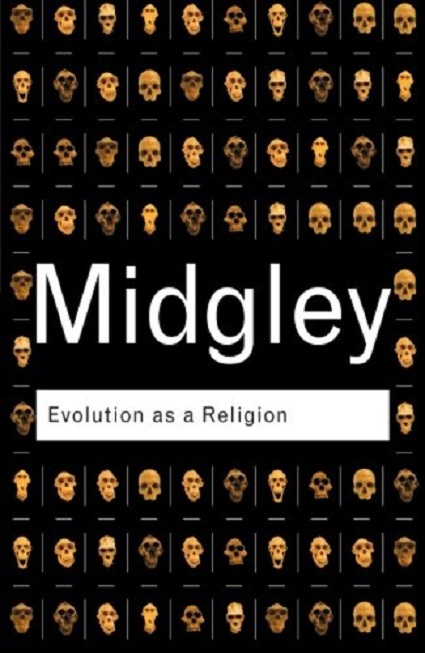
Categorii: Necatalogate
Limba: Engleza
Data publicării: 2002
Editura: Routledge
Tip copertă: Paperback
Nr Pag: 224
ISBN: 9780415278331
Dimensiuni: l: 13cm | H: 20cm

According to The Guardian, Midgley is 'the foremost scourge of scientific pretentions in this country; someone whose wit is admired even by those who fee she sometimes oversteps the mark'. This book examines how science comes to be used as a substitute for religion and points out how badly that role distorts it. Her argument is flawlessly insightful: a punch, compelling, lively indictment of these misuses of science. Both the book and its author are true classics of our time.
Mary Beatrice Midgley (née Scrutton; born 13 September 1919) is a British moral philosopher. She was a Senior Lecturer in Philosophy at Newcastle University and is known for her work on science, ethics and animal rights. She published her first book, Beast And Man (1978), when she was in her fifties. She has since written over 15 other books, including Animals and Why They Matter (1983), Wickedness (1984), The Ethical Primate (1994), Evolution as a Religion (1985), and Science as Salvation (1992). She has been awarded honorary doctorates by Durham and Newcastle universities. Her autobiography, The Owl of Minerva, was published in 2005.
She has attracted recent attention through her shared perspectives in particular with 4 of her notable contemporary women philosophers, (Iris Murdoch, Philippa Foot, Elizabeth Anscombe and Mary Warnock), who were similarly critical of philosophical reductionism and relativism. She opposes any attempts to make science a substitute for the humanities—a role for which it is, she argues, wholly inadequate. She has written extensively about what philosophers can learn from nature, particularly from animals. A number of her books and articles have discussed philosophical ideas appearing in popular science, including those of Richard Dawkins. She has also written in favour of a moral interpretation of the Gaia hypothesis. The Guardian has described her as a fiercely combative philosopher and the UK's "foremost scourge of 'scientific pretension.'"